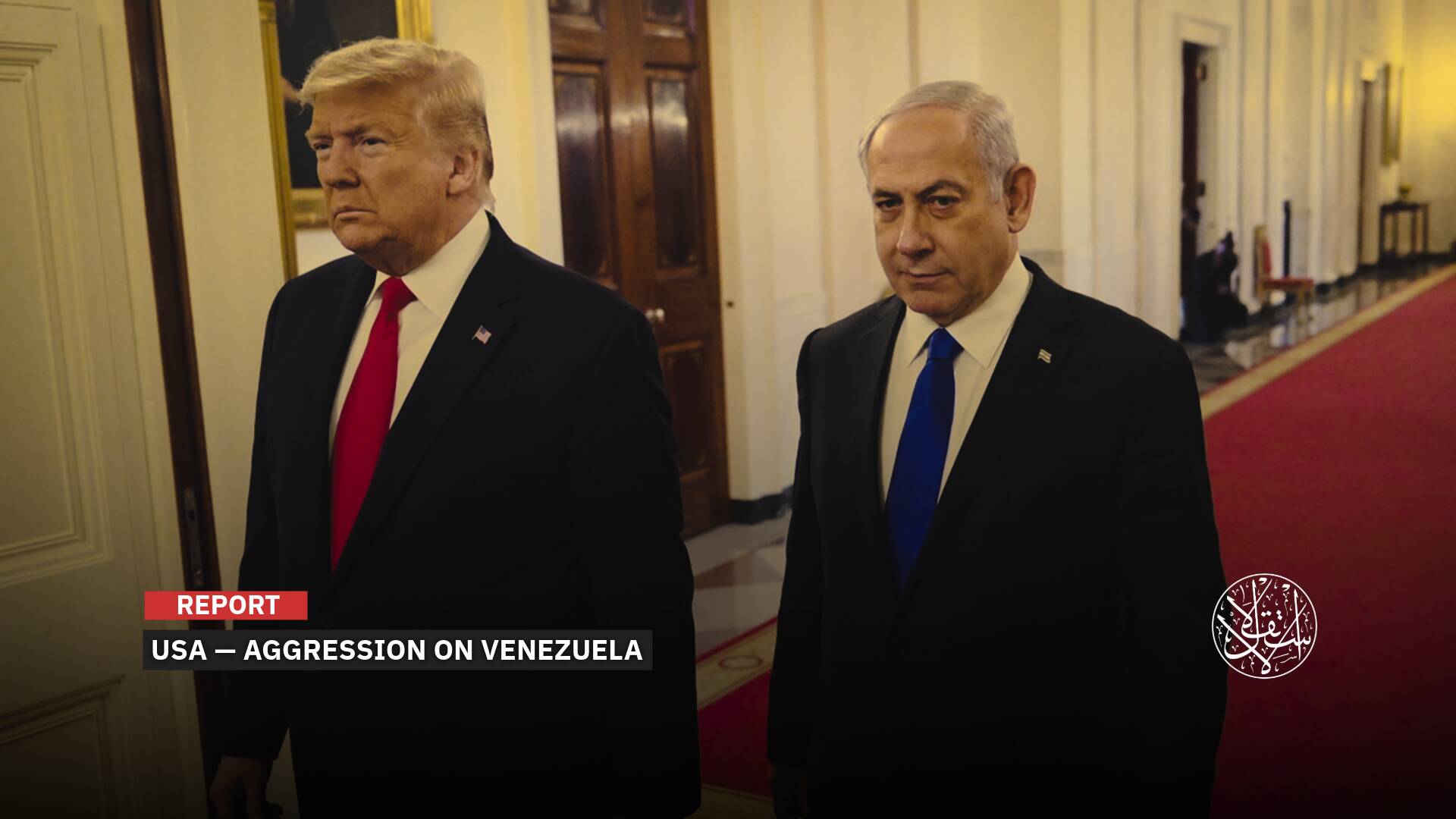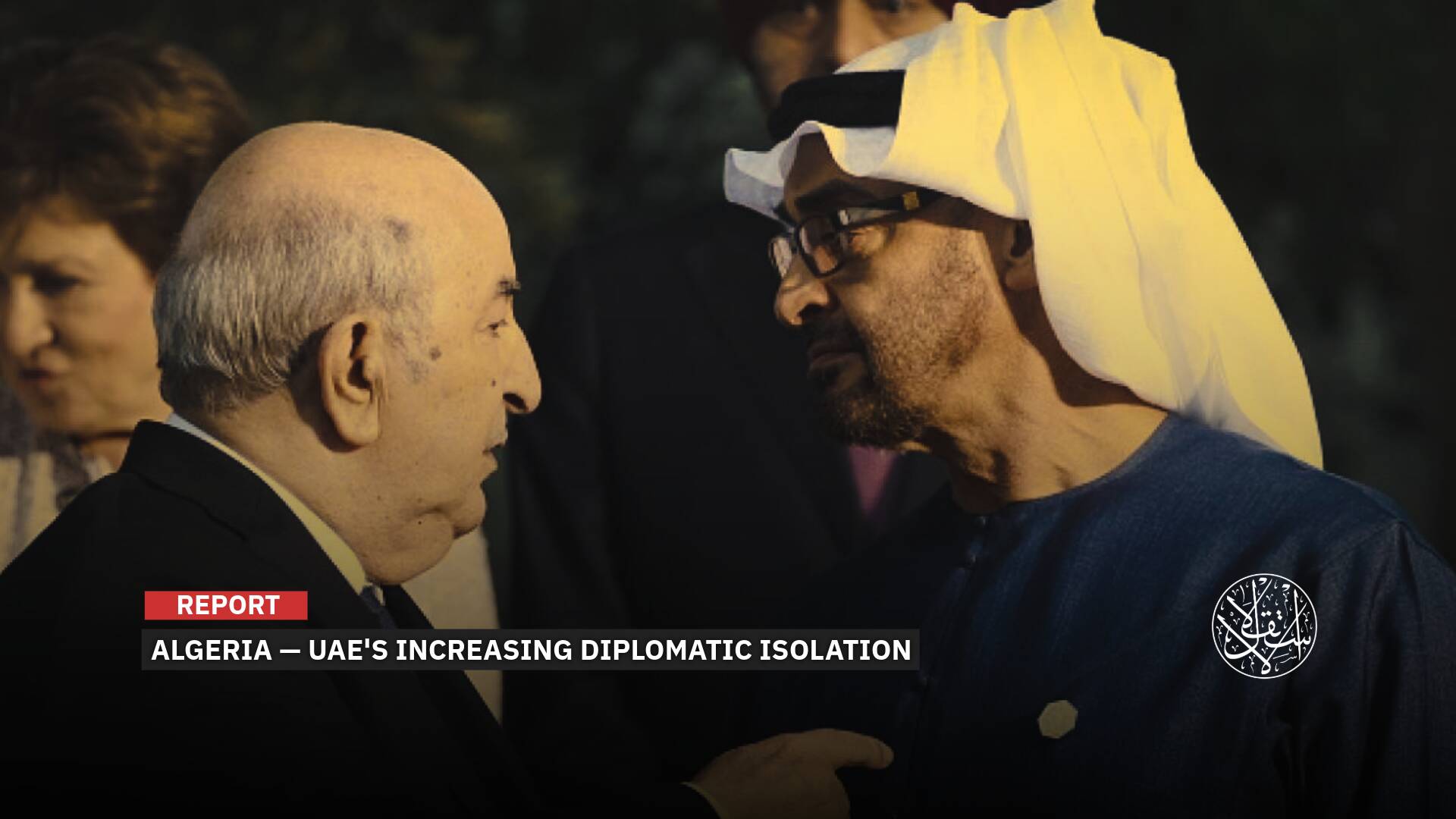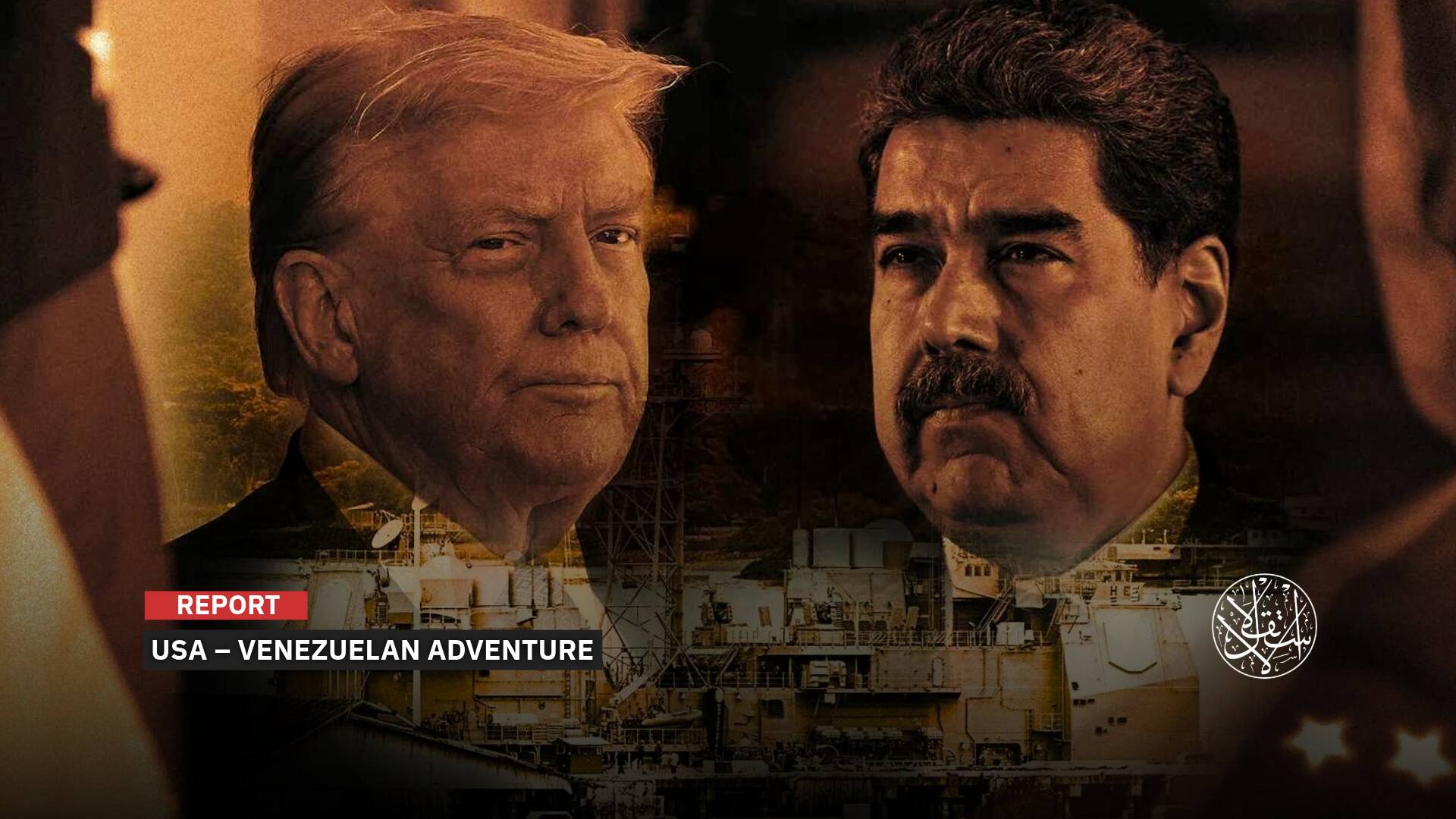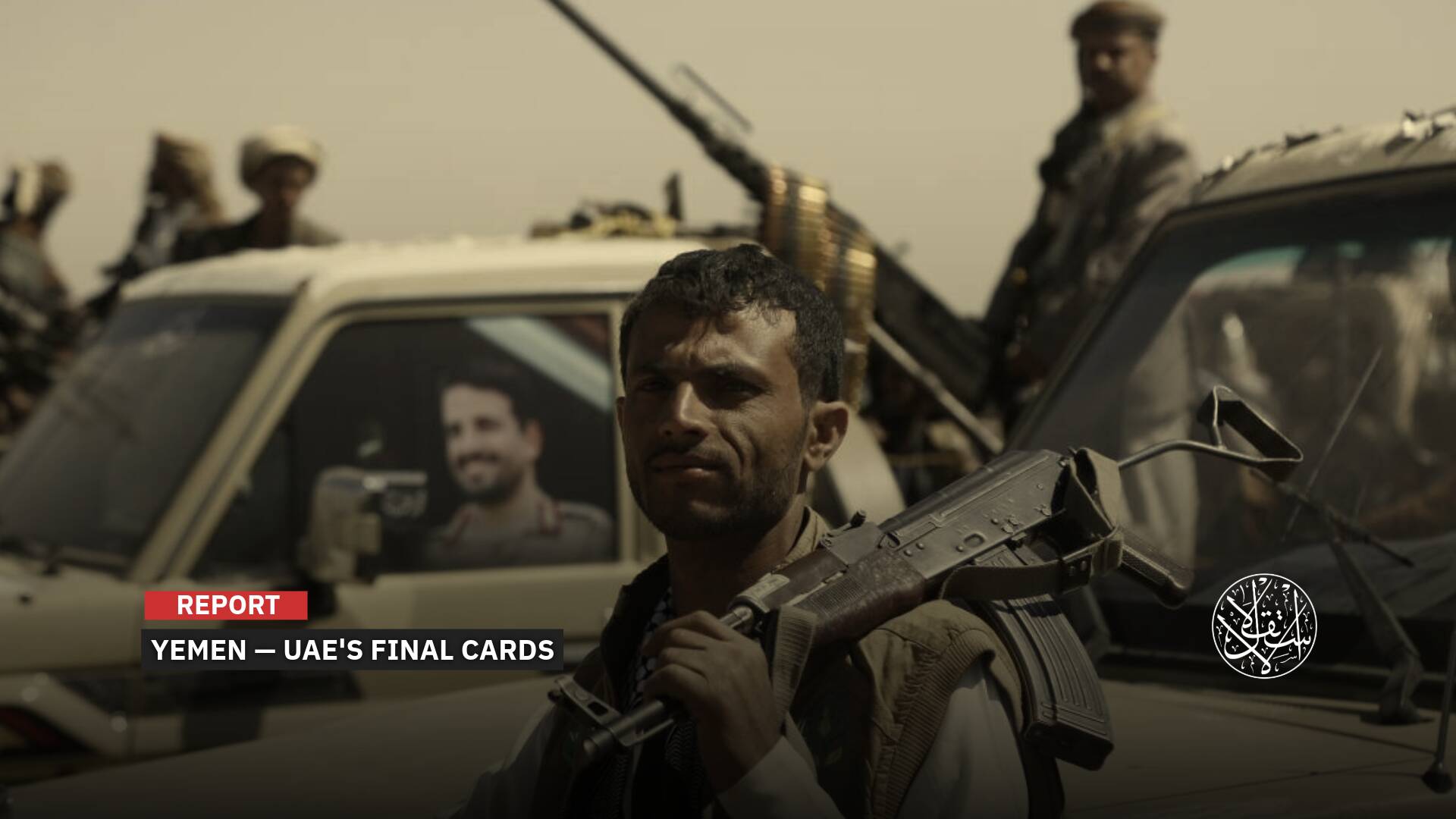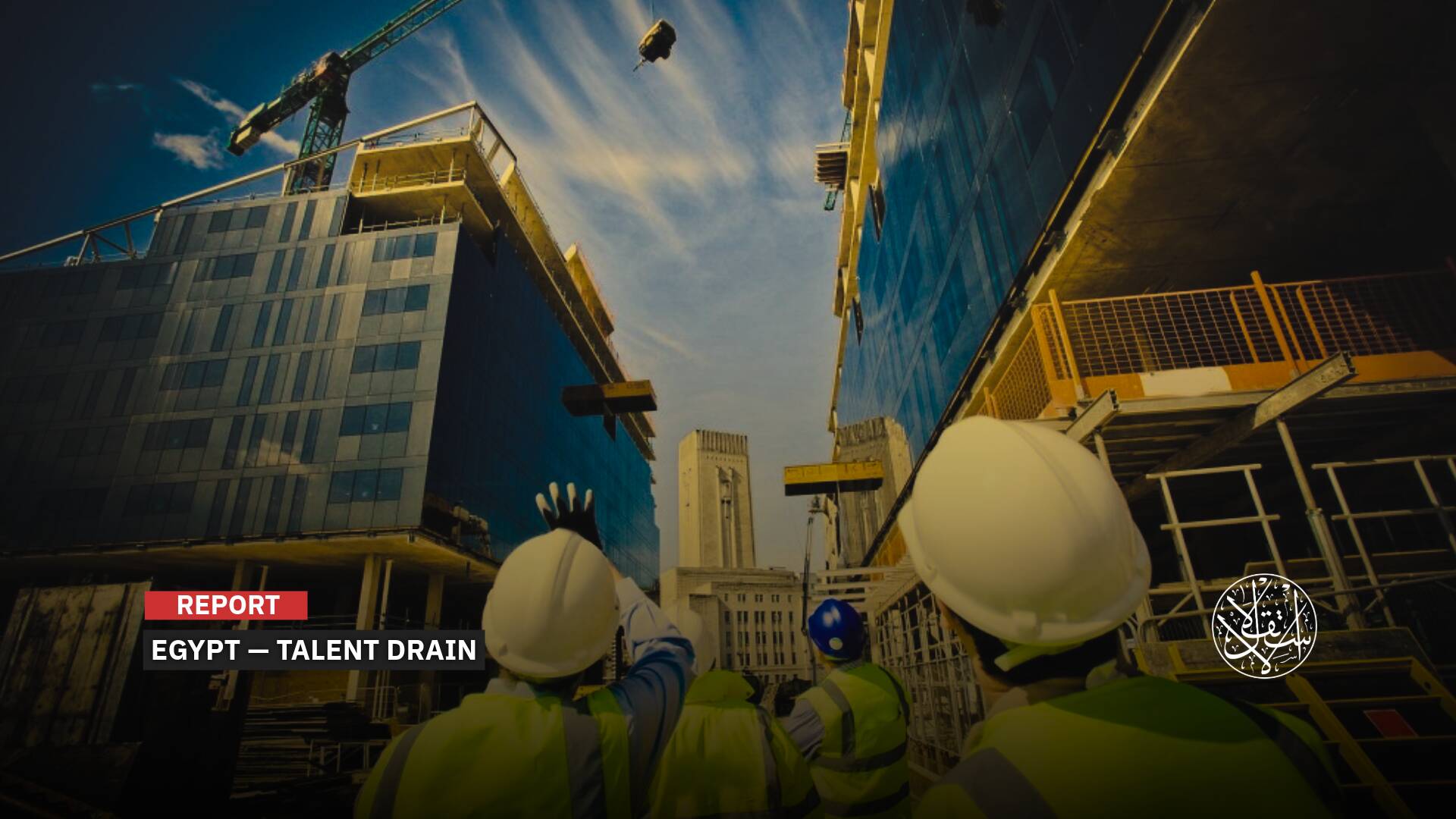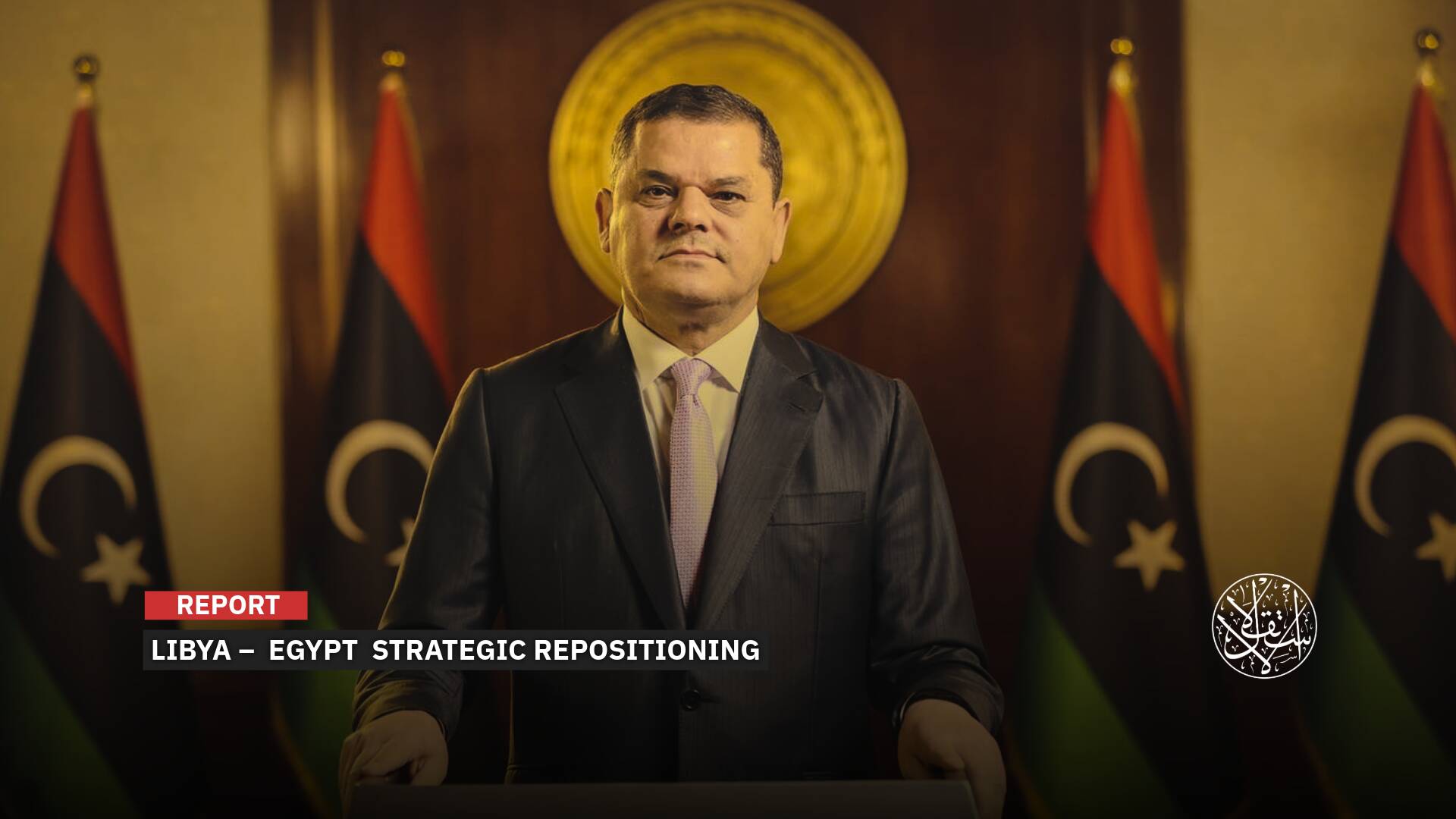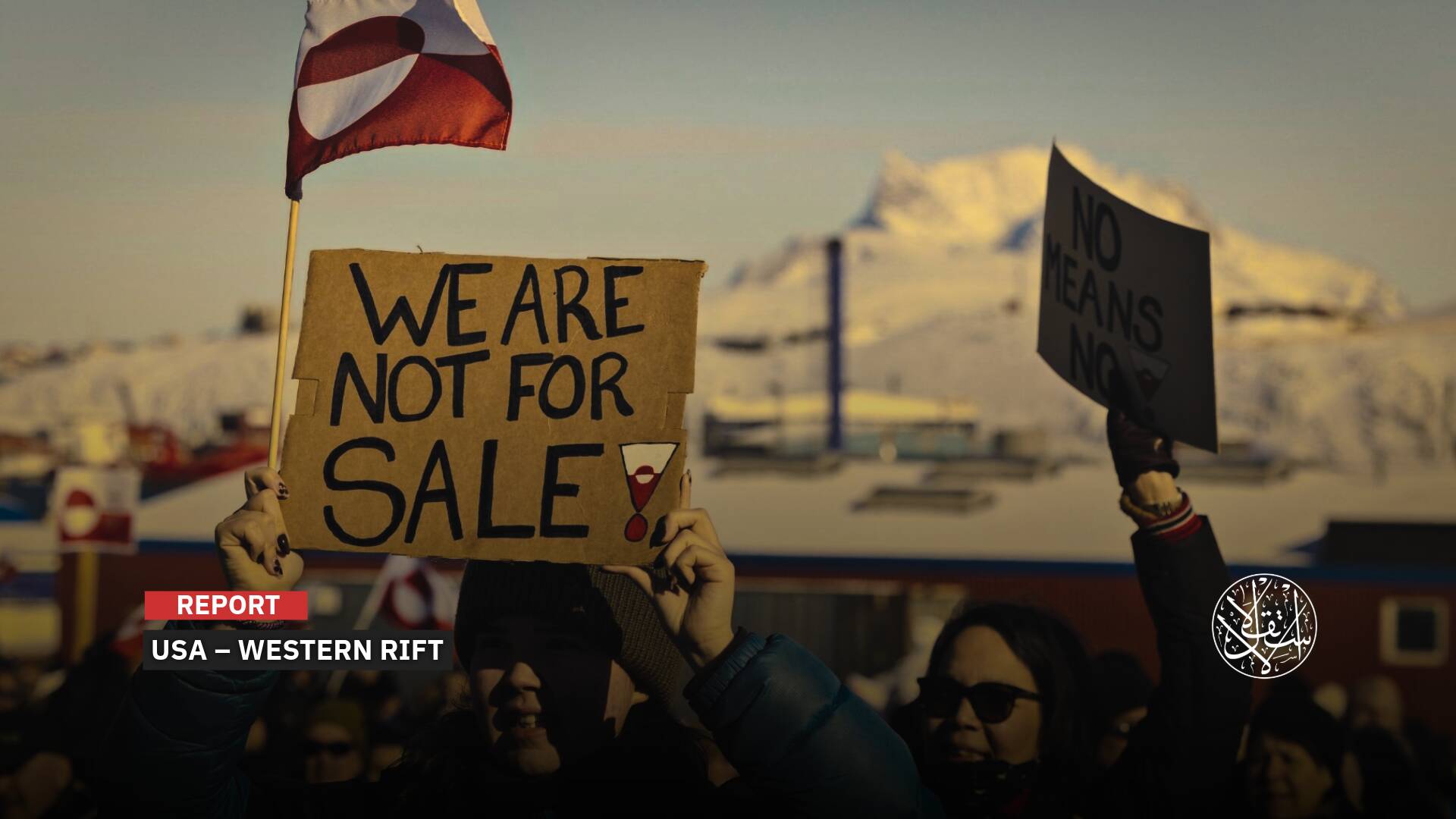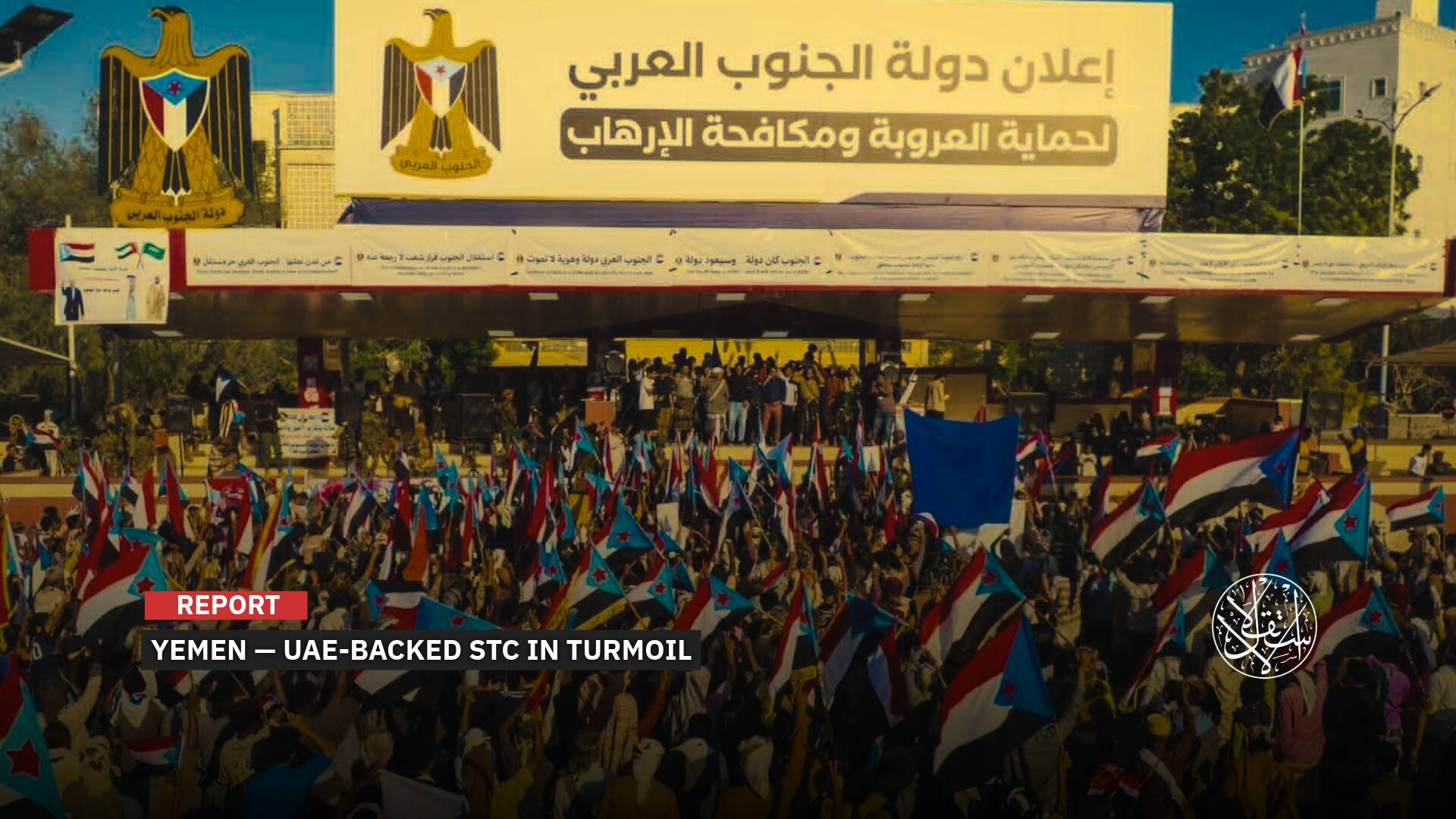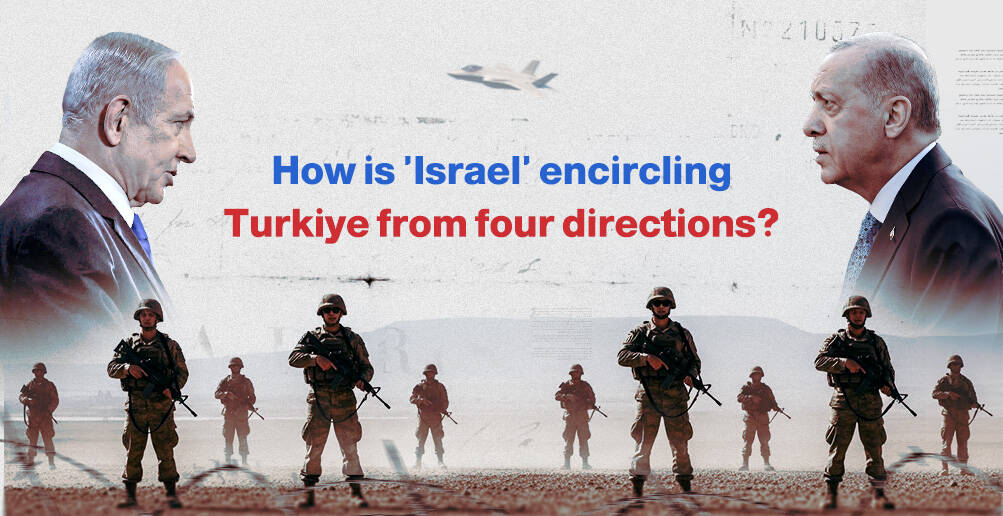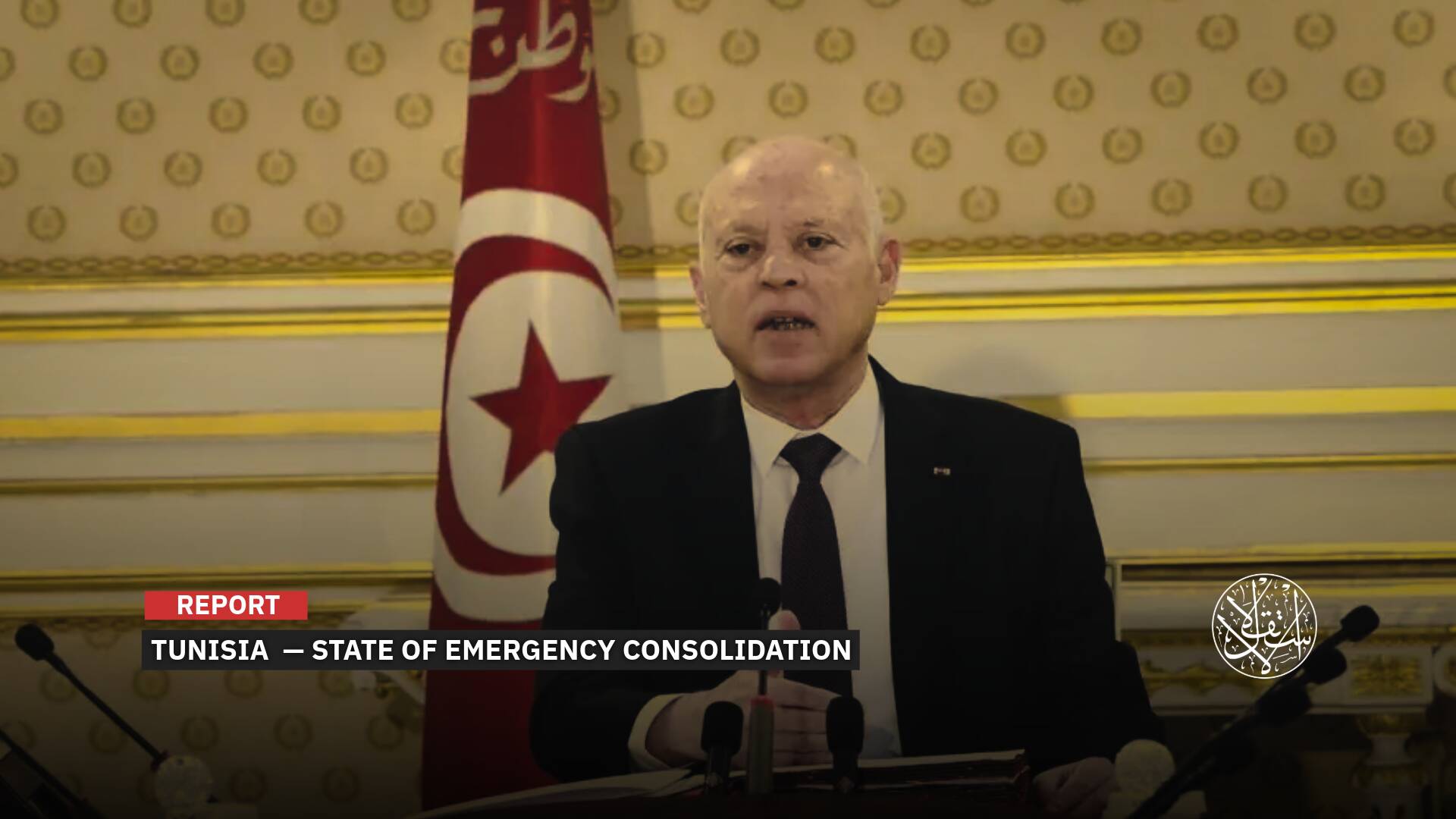Salva Kiir Strikes Back at Riek Machar: War Drums Echo Across South Sudan
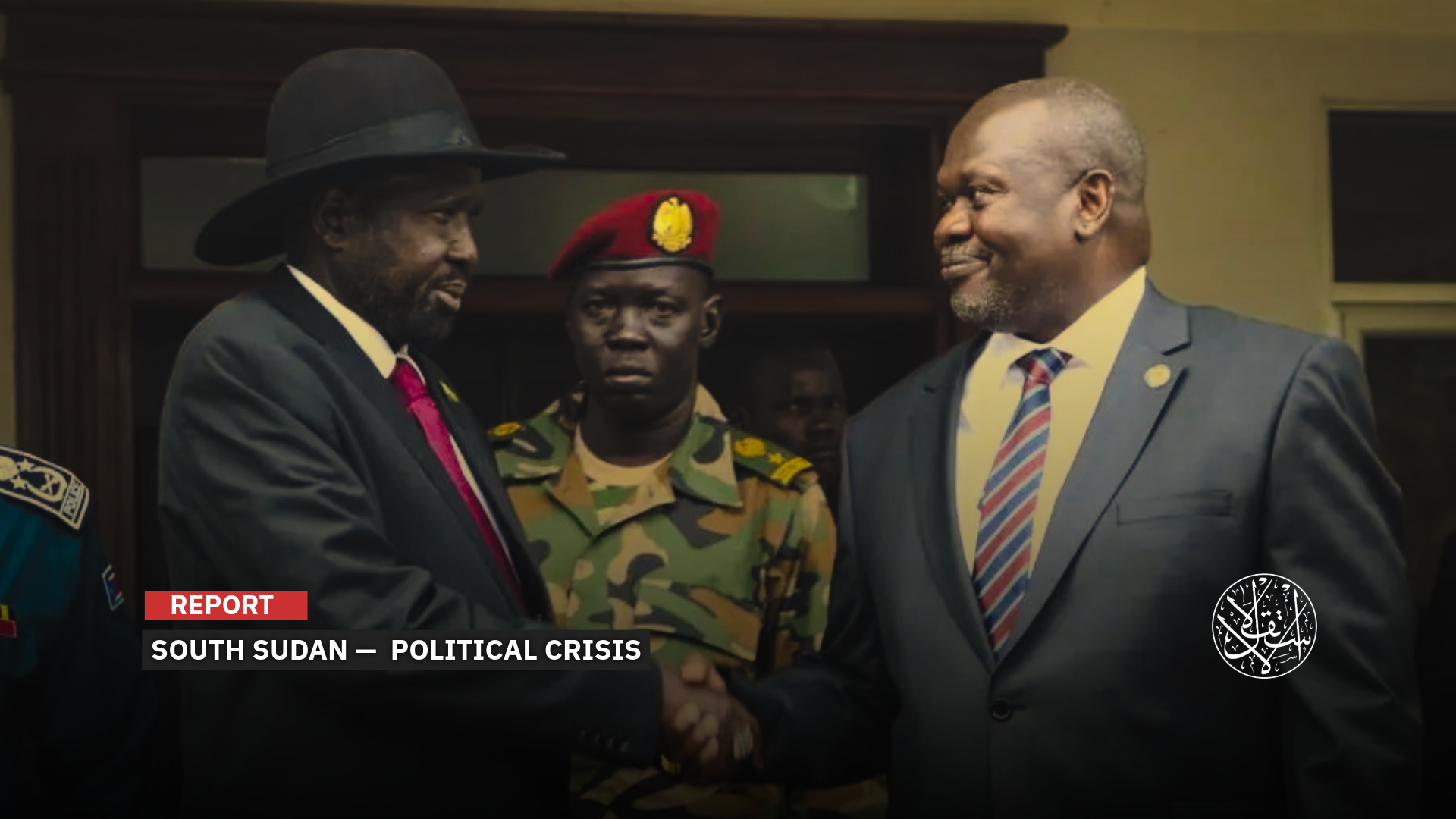
After decades of trying to build a bureaucratic state, the institutions remained only on paper, and armed groups filled the power vacuum.
Talk of South Sudan’s first presidential election since its 2011 independence referendum, expected in 2026, has been clouded by setbacks as opposition leader Riek Machar prepares to challenge current President Salva Kiir Mayardit.
On September 20, 2025, the Sudan People’s Liberation Movement-in-Opposition (SPLM-IO) declared that the transitional government “had collapsed” after Kiir suspended Machar from his post as first vice president, a move the group said violated the 2018 peace deal.
The opposition accused Kiir of exploiting unrest in South Sudan and in neighboring Sudan to clear the way for his second deputy, Paul Mill, to succeed him despite United Nations allegations of corruption against Mill.
Tensions between Kiir and Machar have long simmered inside the fragile power-sharing government, often spilling into armed clashes and fueling fears of a return to full-scale civil war that could unravel the 2018 accord.
South Sudan has been labeled a failed state since its independence, crippled by conflict, corruption, and the plunder of its oil wealth. Fighting between government forces and the opposition erupted into civil war in 2013, taking on an ethnic dimension as Kiir, from the Dinka community, battled his then-ally, Machar, a Shilluk leader.
Reasons Behind the Escalation
The latest escalation stems from Kiir’s bid to sideline Machar and groom Mill, who, like the president, is Dinka, as his heir without an election. The opposition says the move was driven by shared corruption deals and entrenched ethnic favoritism, and it declared a general mobilization after Machar’s arrest.
National elections had already been pushed back from December 2024 to 2026, while plans to merge the rival armed forces into a single army stalled, and clashes continued. Kiir’s government has charged Machar with murder, treason, and crimes against humanity and removed him from the vice presidency—a post created by the 2018 agreement that ended a five-year civil war that killed an estimated 400,000 people.
Machar denies the accusations, calling them part of Kiir’s effort to marginalize the opposition and tighten his grip on power. He also rejects claims that he ordered an ethnic militia to attack a military base earlier this year.
The crisis erupted on September 11 when the state-run South Sudan Broadcasting Corporation announced that Machar and eight senior officials of the Sudan People’s Liberation Movement/Army-in-Opposition (SPLM/A-IO) had been accused of murder, treason, terrorism, financing terrorist acts, and crimes against humanity. His duties as vice president were suspended pending trial. Among those charged was Gen. Gabriel Duop Lam, a former deputy chief of staff of the South Sudan People’s Defence Forces (SSPDF).
Machar’s trial opened on September 22 on charges of treason and crimes against humanity. His lawyer condemned the proceedings as unlawful. State television broadcast the hearings, saying the defendants conspired in a joint assault on a military base by the so-called White Army, a militia largely drawn from the Nuer community.
According to the Justice Ministry, the March 3 attack in the northeastern town of Nasir left more than 250 soldiers dead, along with a UN brigadier and a pilot. Supporters of Machar, who has been under house arrest since March, insist the charges are fabricated to sideline Kiir’s chief rival and weaken the Shilluk community he represents.

Call for Regime Change
With opposition leader Riek Machar facing trial for treason and crimes against humanity, South Sudan’s main opposition bloc issued a call on September 16, 2025, for mass mobilization to topple President Salva Kiir’s government.
In a statement posted on X, the SPLM/A-IO denounced the government as “dictatorial and corrupt,” accusing it of wrecking the peace process and seizing state institutions by illegitimate means. The group vowed to “pursue regime change” and urged supporters, including its political and military wings as well as ordinary citizens, to “answer the call of duty to defend the nation and reclaim its sovereignty by all available means.”
Kiir and Machar were partners in a fragile unity government under the 2018 peace accord, but their alliance has repeatedly collapsed into bouts of violence. The latest call to arms, posted by Machar spokesman Puok Both Baluang, has fueled fears that the country—already one of the world’s poorest—could slide back into open conflict or even see a coup attempt against Kiir in coordination with other armed factions.
Earlier this year, Sudanese media reported that on March 11, 2025, South Sudan experienced what was described as its tenth coup attempt since independence, prompting Ugandan troops to intervene to protect Kiir, according to a previous report by Al-Estiklal.
A State Held Hostage
Corruption allegations have further inflamed tensions. Kiir’s deputy, Paul Mill—promoted to one of five vice presidential posts in February 2025—is at the center of a damning UN investigation. A 101-page report released September 16 by the UN Human Rights Commission in South Sudan accused authorities of looting the country’s oil-rich coffers and singled out Mill for allegedly siphoning off public funds.
Investigators said the government paid $1.7 billion to road-building firms linked to Mill between 2021 and 2024, yet delivered less than $500 million worth of usable roads. Contracts were allegedly inflated by overstating distances, overpricing materials, and reducing the number of lanes built. Two of the three companies named had already been sanctioned by the United States in 2021.
The report found that between 2021 and 2024 the government spent about $2.2 billion through an off-budget “oil-for-roads” program tied to Mill’s network, consuming up to 60 percent of annual state expenditures in some years.
Despite South Sudan’s oil wealth, the UN panel said little of the more than $23 billion earned from exports since independence has gone to urgent needs such as education, healthcare, or food security. For the 2022-2023 budget year, the president’s medical unit reportedly received more funding than the country’s entire public health system.
The UN commission concluded that South Sudan has been captured by a greedy elite that has institutionalized the systemic pillage of national wealth for private gain, fueling zero-sum struggles over power, resources, and land while exploiting ethnic divisions. The panel linked endemic graft to the country’s prolonged humanitarian crisis, noting that nearly two-thirds of the 12 million-strong population face critical or worse levels of food insecurity.
The report drew on 173 targeted interviews and meetings conducted from late 2022 through late 2024, as well as government documents and financial records. Analysts say Kiir has long sought to edge out Machar in favor of his ally Mill, who remains under U.S. sanctions for allegedly receiving sweetheart road-building contracts. Washington first sanctioned Mill and two companies in 2017, then added two more firms in 2021.

Future Fallout
Back in December 2013, The Economist described the power struggle between President Salva Kiir and his then-deputy Riek Machar as two elephants trampling the grass, a stark metaphor for how their rivalry crushed civilians and derailed South Sudan’s hopes for peace.
The latest collapse of their transitional government has once again exposed a dangerous political vacuum. The rise of Vice President Paul Mill at Machar’s expense signals a dramatic reshuffling of power and control over the country’s oil fields.
Sudanese media warn that full-scale fighting could erupt again between government and opposition forces if Machar is convicted and jailed, a prospect that would bury what remains of the 2018 peace accord that ended a five-year civil war and claimed roughly 400,000 lives.
That accord has been fraying for months, fueling fears of renewed conflict. Machar’s supporters have already called for a military mobilization to overthrow the Kiir government, underscoring the fragility of a nation long plagued by poverty, lawlessness, and repeated failures of internationally backed efforts to deliver a democratic transition amid escalating ethnic strife.
Analysts say the stakes have risen even higher as Machar has forged alliances with two other armed opposition leaders: Thomas Cirilo of the National Salvation Front (a former deputy army chief) and Pagan Amum of the United People’s Alliance. In a political twist, their coalition has also drawn backing from a faction of the Dinka, Kiir’s own ethnic group—a blow to the president’s power base and his army’s cohesion.
African-affairs scholar Ameena Alarimi warned in an analysis on X that the partnership, though tactical and “driven by strategic necessity,” shares a single objective: the removal of Salva Kiir from power. She cautioned that the convergence of these forces, combined with deepening political resentment, could push South Sudan closer to catastrophe.
Hamdy A. Hassan, professor of African studies at Cairo University, argues that the deepest fault line in South Sudan’s conflict lies in the decay of its state institutions—weakened by corruption and chronic underperformance.
In a study published September 16, 2025, on the Qiraat African (African Readings) website, he said decades of international support for building a modern bureaucracy have yielded little more than “institutions on paper,” leaving power vacuums to be filled by informal actors and armed groups.
Hassan warned that the structural roots of the conflict remain intact and that peace agreements have largely become tools for the ruling elite to cling to power, perpetuating instability rather than resolving it.
Intelligence and defense outlet Janes reported on September 19, 2025, that the suspension of South Sudan’s vice president is likely to trigger renewed clashes between non-state armed forces and the South Sudanese army.
Janes further estimates that in the near term (one to four weeks) and the short term (four weeks to six months), the alliance between the opposition Sudan People’s Liberation Movement-in-Opposition (SPLM-IO) and the National Salvation Front is very likely to escalate fighting.
Renewed threats from the White Army and its Nuer allies, who are hostile to the Dinka, are also likely to intensify both the frequency and scale of clashes between non-state armed groups and the South Sudanese army across multiple regions, further deepening chaos and uncertainty in the country.
Sources
- UN report details 'systematic looting' by South Sudan's rulers as citizens went hungry
- Suspension of South Sudanese vice-president very likely to renew NSAG and SSPDF clashes
- ‘Children are bound to die’: Corruption, aid cuts and violence fuel a hunger crisis in South Sudan
- South Sudan Opposition Calls for Popular Mobilization to Overthrow Government [Arabic]
- Two Elephants in the Room: Structural and Economic Drivers of Conflict in South Sudan [Arabic]


